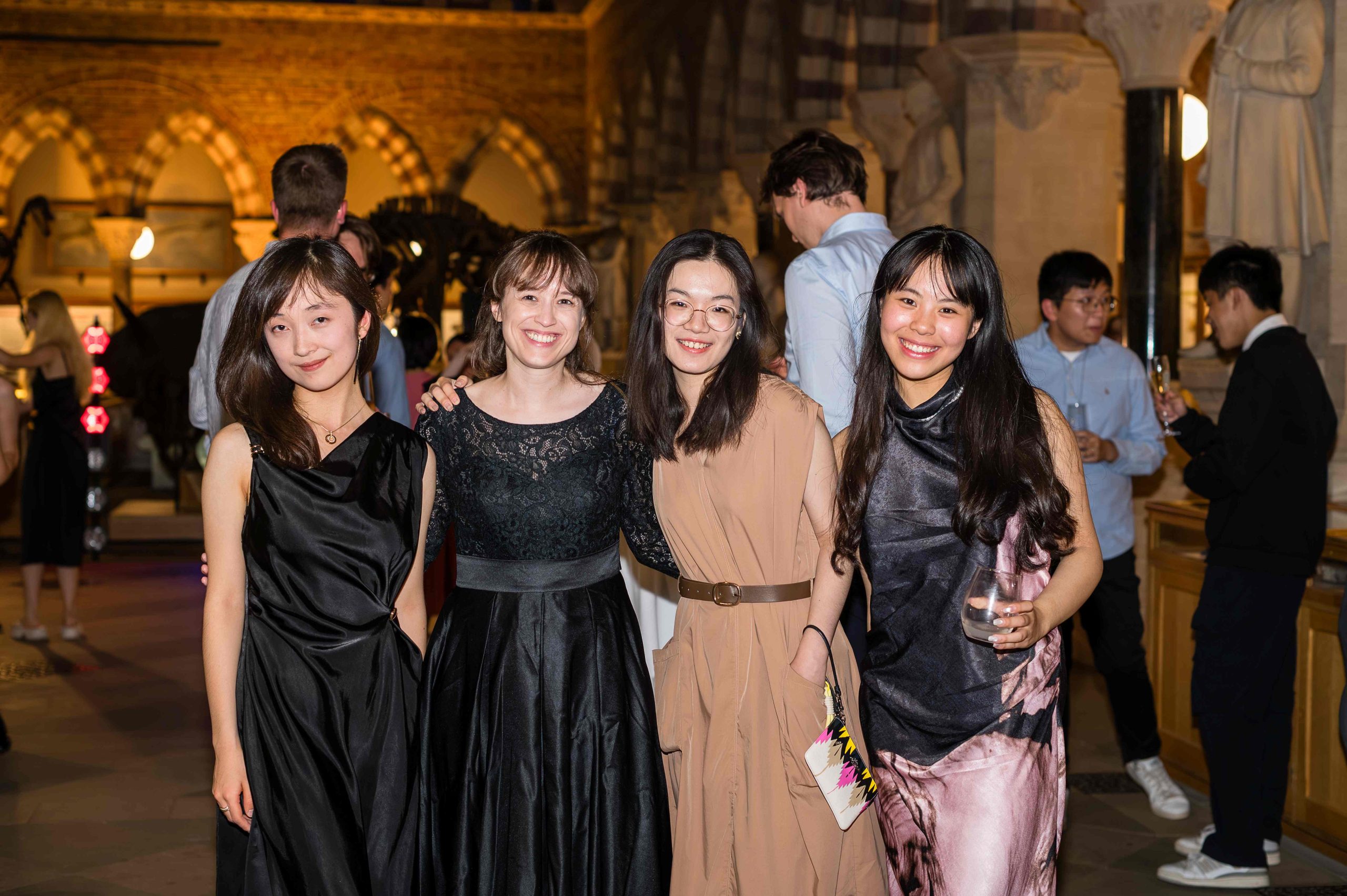
Social Minds: The Psychology of Connection and Division
Social Minds: The Psychology of Connection and Division summer course in Oxford, by Lady Margaret Hall University of Oxford.
- Duration
- Duration: 3 Weeks
- Dates
- Dates: June - August 2026
- Age Range
- Age Range: 19+
- Fees
- Fees from: £4,384.00
Course Summary
What brings people together — and what pushes them apart?
This course explores how group identities are formed, how individuals understand themselves in relation to others, and how both connection and division emerge within and between social and political groups. Drawing on key theories, cutting-edge research, and global case studies, students will examine the psychological mechanisms that shape social relations including how people connect, cooperate, and sometimes come into conflict.
From group belonging and everyday social interactions to the psychological roots of intergroup bias, and polarisation, the course begins by tracing how social minds are shaped by identity, group life and the broader social and political context. It then moves into real-world applications, exploring how ideas from social psychology can help us to better understand division and conflict as well as foster connection and promote social change. In this course, we will also consider the role of social media and how it can both drive conflict and foster connection.
Whether you’re curious about social identities, the psychology of social relations, or the dynamics of everyday interaction, this course offers a timely and globally relevant exploration of what connects and divides us.
Course Highlights
- Live and study in Lady Margaret Hall, one of Oxford's finest colleges
- Learn from experienced academics using the tutorial system
- Enjoy meals in hall, experiencing life as an Oxford student
- Gain new skills to take you further in your future academic or professional career.
Video
What's Included?
- All tuition, including lectures, seminars, and tutorials
- Assessment, transcript of academic performance, and certificate
- A co-curricular programme of skills workshops and guest speakers
- Access to the Lady Margaret Hall College Library
- Bed & Breakfast accommodation in a single bedroom throughout your programme
- Lunch and dinner in the College Dining Hall Monday to Friday
- A full Social & Cultural Programme, including two excursions to other English cities per three-week programme session
- A high-quality printed class photograph
- Formal Graduation banquet
Academics & Extracurriculars
Teaching:
LMH Summer Programmes are designed and delivered by experienced academics from Lady Margaret Hall and across the University of Oxford, and are taught using the Oxford teaching model, which emphasises personalised small-group learning.
In a series of thought-provoking lectures and lively seminar discussions you will learn about cutting-edge research, expand your core knowledge, and explore new ideas and concepts among peers with diverse international perspectives and academic backgrounds.
Tutorials, the conclusion of each week’s study, are an intellectual thrill. They are a unique opportunity for focused and personalised attention from an expert academic and a space for enthusiastic debate of important ideas. Alongside no more than two to three other students, you will present and discuss your work, accept constructive criticism, and engage with the ideas of your fellow students. These rigorous academic discussions help develop and facilitate learning in a way that cannot be done with lectures alone.
Assessment:
On a three-week LMH Summer Programme students produce one piece of assessed work every week, which is submitted to the tutor and then discussed in a tutorial. At the end of each week you will receive a percentage grade for your submitted work. Each week’s work counts for a third of your final percentage grade, so your final grade is an average of the mark received for each piece of work. Students who stay for six or nine weeks will receive a separate grade for each 3-week course.
Academic Credit:
Lady Margaret Hall will provide a transcript of your assessed work, and can send this directly to your home institution if required. LMH Summer Programmes are designed to be eligible for academic credit, and we will communicate with your home institution to facilitate this as needed. As a guide, we recommend the award of 15 CATS / 7.5 ECTS / 4 US Credits for each 3-week course.
Learn more on the official Lady Margaret Hall University of Oxford website .
Need More Information?
Lady Margaret Hall University of Oxford Frequently Asked Questions
Frequently Asked Questions
More about us and responses to frequently asked questions
Still have questions? See the full FAQs page.

Related Courses
Leadership (18-24 years old)
The Leadership summer school at Oxford Summer Courses, designed for 18-24 years old students, provides tutorials and is priced from...
Climate Law and Policy
Perhaps the greatest challenge facing humankind is anthropogenic climate change, the rapid warming of the earth’s temperature driven by the...
Classical Civilisation (18-24 years old)
The Classical Civilisation summer school at Oxford Summer Courses, designed for 18-24 years old students, provides tutorials and is priced...
Introduction to Cognitive Psychology
How are we able to focus on one thing rather than something else? Why do we remember some things and...